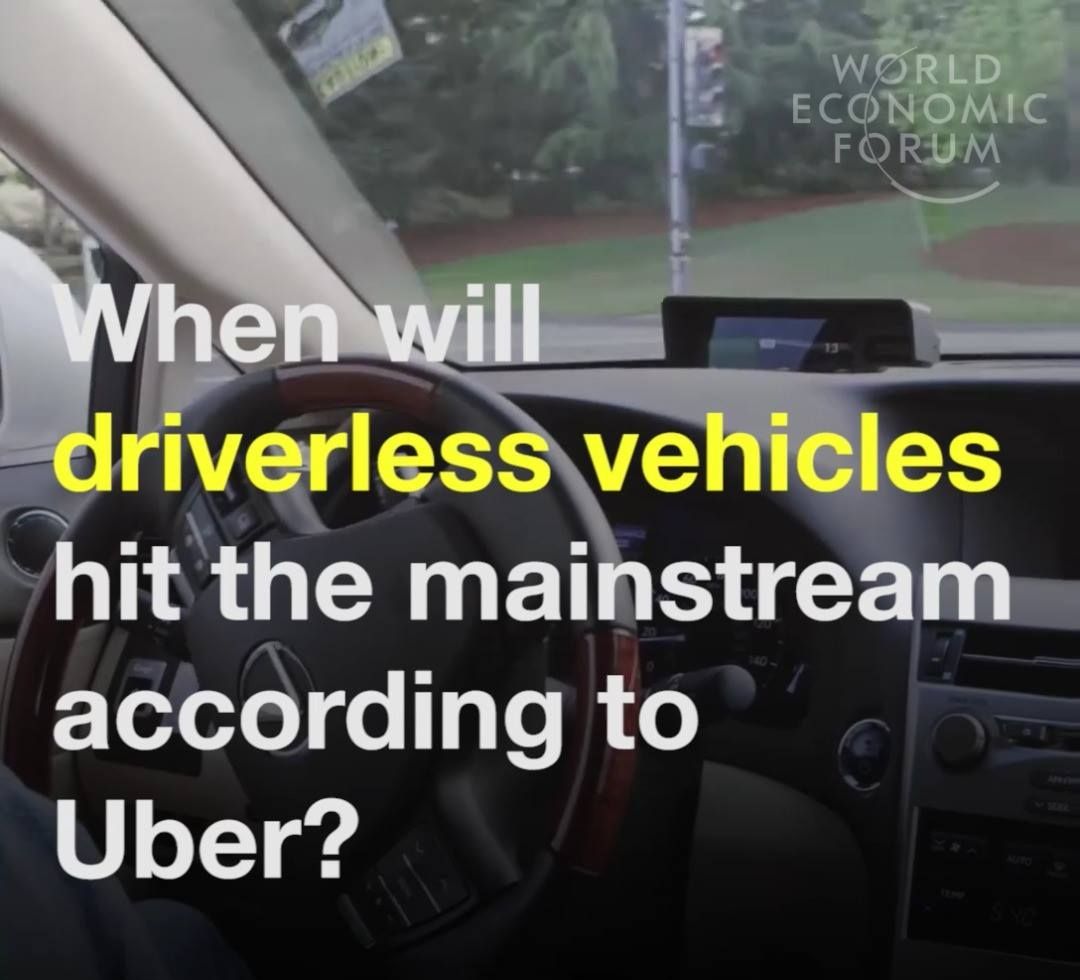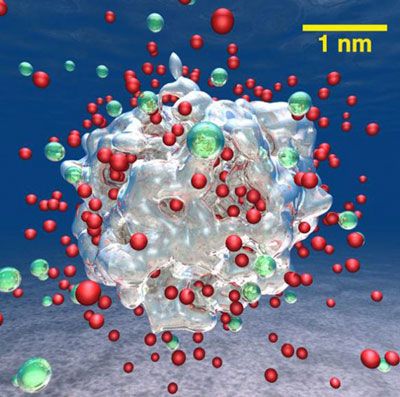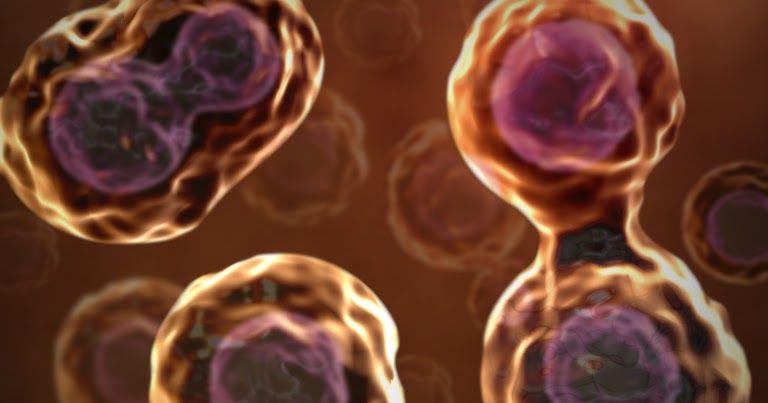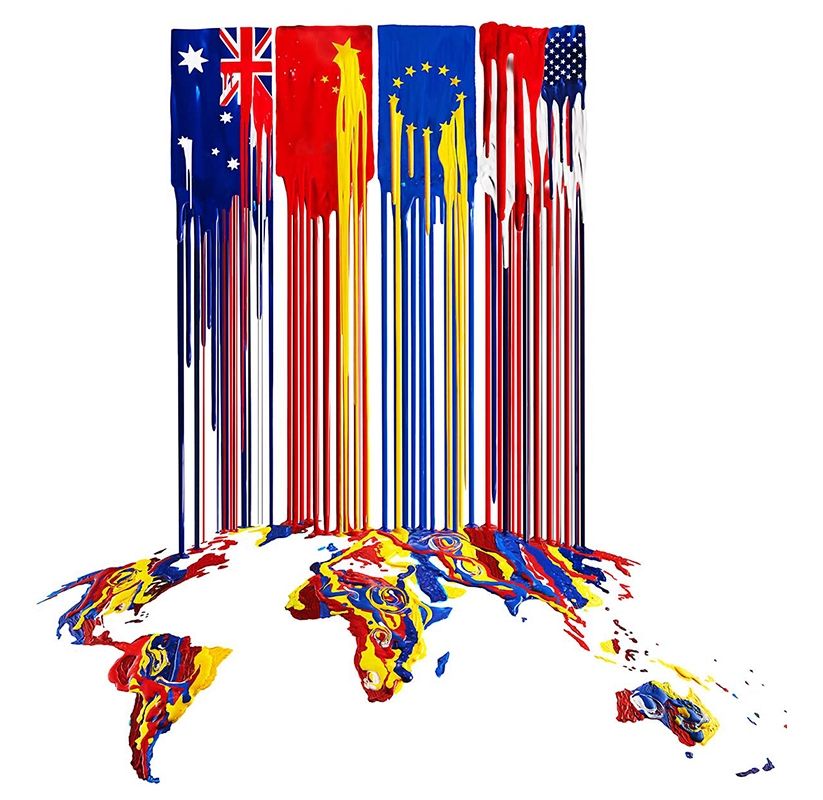Page 10823
Jun 29, 2016
Atomic-scale simulations predict how to use nanoparticles to increase hydrogen production
Posted by Karen Hurst in categories: computing, particle physics, quantum physics
Awesome!
What if industrial waste water could become fuel? With affordable, long-lasting catalysts, water could be split to produce hydrogen that could be used to power fuel cells or combustion engines.
By conducting complex simulations, scientists showed that adding lithium to aluminum nanoparticles results in orders-of-magnitude faster water-splitting reactions and higher hydrogen production rates compared to pure aluminum nanoparticles. The lithium allowed all the aluminum atoms to react, which increased yields (Nano Letters, “Hydrogen-on-demand using metallic alloy nanoparticles in water”).
Jun 29, 2016
Do you have a right to view an ISIS Kill List?
Posted by Philip Raymond in categories: counterterrorism, ethics, geopolitics, rants, terrorism, transparency
According to The Clarion Project, a political information bureau that warns westerners of the growing threat from radical Islam, ISIS has published a ‘kill list’ that includes the names, addresses and emails of 15,000 Americans.
 So far, this is interesting news, but it is not really new. I found ISIS, Hezbollah and Al-Qaida kill lists going back at least 8 years. This 2012 bulletin complains that NBC would not release the names contained on a kill list.
So far, this is interesting news, but it is not really new. I found ISIS, Hezbollah and Al-Qaida kill lists going back at least 8 years. This 2012 bulletin complains that NBC would not release the names contained on a kill list.
A kill list is newsworthy, and the Clarion article is interesting—but the article has more “facts” with which the publisher wishes to generate mob frenzy…
- It explains that 4,000 of the names on the Kill List have been leaked by hackers
- It echos a report by Circa News that the FBI has decided to not inform citizens that they are on the ISIS kill list.
In a clear effort to whip up and direct audience indignation, it asks readers to take a one-question poll. Which answer would you choose?
Continue reading “Do you have a right to view an ISIS Kill List?” »
Jun 29, 2016
This Tiny Camera Can Be Injected Into Your Body
Posted by Shailesh Prasad in categories: electronics, physics
Jun 29, 2016
Injectable Computers
Posted by Shailesh Prasad in categories: biotech/medical, computing, engineering

With a radio specifically designed to communicate through tissue, Professors David Blaauw (http://web.eecs.umich.edu/faculty/blaauw/) and David Wentzloff (http://web.eecs.umich.edu/~wentzlof/) from the University of Michigan’s Electrical and Computer Engineering Department (https://www.eecs.umich.edu/ece/) are adding another level to a computer platform small enough to fit inside a medical grade syringe.
With this enabling technology, real time information can be applied to devices monitoring heart fibrillation as well as glucose monitoring for diabetics.
Jun 29, 2016
Scientists Want to Reprogram Human Cells to Stop Death
Posted by Shailesh Prasad in category: biotech/medical
Different species of animals either live a very long time or do not die of old age. Some cases are the tortoise & lobster species that live to be over 130 years old naturally and don’t usually die unless they get sick or are killed.
After we grow up our cells ultimately stop self-replicating. A researcher named Leonard Hayflick figured out that each of our cells divide around 50 times and then they stop. Once all of our cells stop duplicating we start to deteriorate and then ultimately die. This finding showed that we are in fact programmed to die biologically.
Jun 29, 2016
You can eat vegetables from Mars, say scientists after crop experiment
Posted by Shailesh Prasad in categories: food, space
Dutch researchers successfully raise radishes, peas, rye and tomatoes in soil mixed to match that of the red planet – giving hope that settlers could grow food.
Jun 29, 2016
End of nations: Is there an alternative to countries?
Posted by Shailesh Prasad in categories: climatology, security
Nation states cause some of our biggest problems, from civil war to climate inaction. Science suggests there are better ways to run a planet.
By Debora MacKenzie
Try, for a moment, to envisage a world without countries. Imagine a map not divided into neat, coloured patches, each with clear borders, governments, laws. Try to describe anything our society does – trade, travel, science, sport, maintaining peace and security – without mentioning countries. Try to describe yourself: you have a right to at least one nationality, and the right to change it, but not the right to have none.
Continue reading “End of nations: Is there an alternative to countries?” »
Jun 29, 2016
When will driverless vehicles hit the mainstream according to …
Posted by Shailesh Prasad in categories: robotics/AI, transportation

“You might own a car like some people own a horse. They might take a ride on the weekends or something.” Travis Kalanick, CEO Uber.















